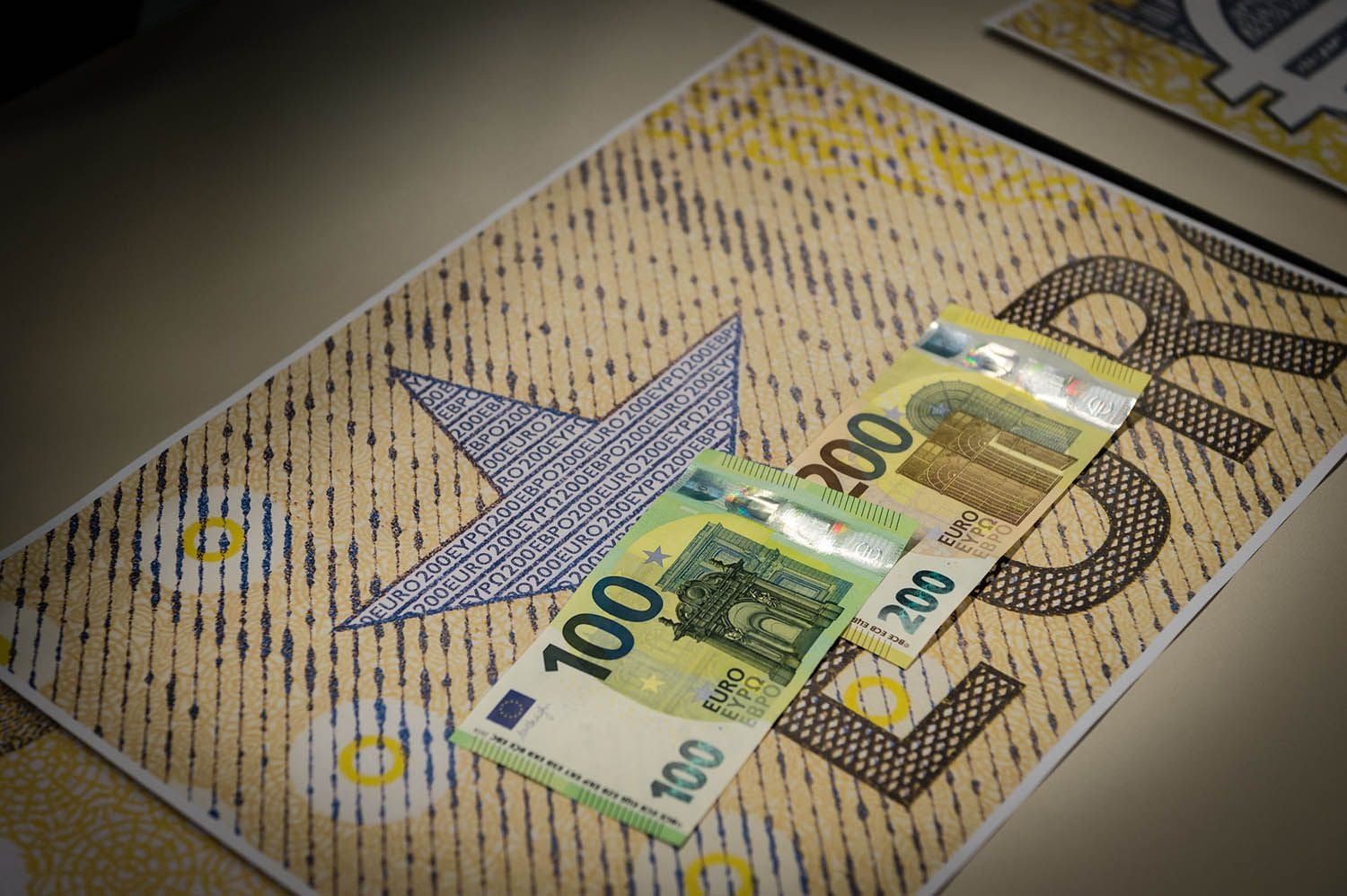SEB says Euro-Dollar Rate to Rally Further
- EUR rally has room to extend
- SEB says U.S. yield dynamics will be key
- EU vaccination rate acceleration also supportive
- Morgan Stanley says EU summer will be 'saved'

Image © European Central Bank
- EUR/USD spot at publication: 1.1977
- Bank transfer rates (indicative guide): 1.1550-1.1640
- Money transfer specialist rates (indicative): 1.1890
- More information on bank-beating rates, here
- Set a rate alert, here
The Euro will extend its recent advance against the U.S. Dollar as U.S. bond yields are set to remain anchored over coming weeks and the EU's covid vaccination drive accelerates, say analysts at SEB.
The Swedish bank says U.S. bond yield rates are to stabilise in the second quarter and this will support the Euro-to-Dollar exchange rate (EUR/USD) which has risen by 1.75% in the past two weeks.
"EUR/USD has erased some losses during April as the rise in US rates has stalled and the equity market has continued to rally," says Lauri Hälikkä, Fixed Income and FX Strategist at SEB, in a research briefing out April 16.
The yield paid on U.S. treasury bonds has risen during the first quarter of 2021, particularly on those bonds dated at five years and above, driven by investor expectations that U.S. inflation will rise markedly in coming months.
The rising yield is the compensation against inflation investors demand for holding bonds, the rise in yield in turn raises the cost of finance across the economy, thereby acting as a potential headwind to growth.
But a side effect of rising yields is foreign investor demand for what is effectively an asset that offers a better return, which in turn sends the Dollar higher.
The Dollar's rally in the first three months of 2021 has rising U.S. yields to thank and how the bond market evolves over coming weeks will understandably help shape direction in the Dollar complex.
"The dollar is likely to remain counter cyclical until the dollar rates in the 2-5y sector take another leg higher," says Hälikkä.
SEB expect yield rates to move more or less sideways during the second quarter, meaning the EUR/USD exchange rate pair has room to gain during the coming months, "especially if vaccination speeds up in the euro area and earnings season leaves the stock market higher".
{wbamp-hide start} {wbamp-hide end}{wbamp-show start}{wbamp-show end}
A Euro 'vaccine catchup' trade has evolved during April as a strong increase in vaccine supplies to the bloc allows it to reverse some of the underperformance seen at the start of the year linked to a sclerotic rollout programme.
Timely news from Pfizer this week that supplies of their vaccine to the EU are to increase quelled concerns that the region's rollout programme was about to suffer another unwelcome setback after Johnson & Johnson suspended the rollout of their one-shot vaccine.
European Union countries will now receive 50 million more coronavirus vaccines produced by Pfizer in the second quarter of 2020.
A portion of the Euro's April gains are likely to have come from an easing in investor concerns that the EU was at risk of being left behind in the global vaccination race as supplies increase substantially.
The developments concerning Pfizer deliveries ensures the EU's programme remains on track and will likely underpin the pro-Euro theme on global currency markets that has characterised April trade.
"Faster EU vaccination is now supporting the EUR and the consensus is bullish," says Athanasios Vamvakidis, FX Strategist at Bank of America.
Europe has stepped up its vaccination rate this April and is now on track to its target of having 70% of the adult population vaccinated by the end of the third quarter.
In the last three days nearly 2 million people were vaccinated in Germany alone.
Analysis from Morgan Stanley shows vaccine production and contracted supply is scheduled to keep rising and expected deliveries by the end of the second quarter 2021 are in principle just about enough to vaccinate 70% of the adult population (255 million, or 57% of the total population).
They say this is a level of protection consistent with the full reopening witnessed in Israel.
"We stick to our base case of a reopening in 2Q, and the summer being "saved" to a significant extent, also helped by the introduction of a Covid passport," says Jacob Nell, an economist with Morgan Stanley.





